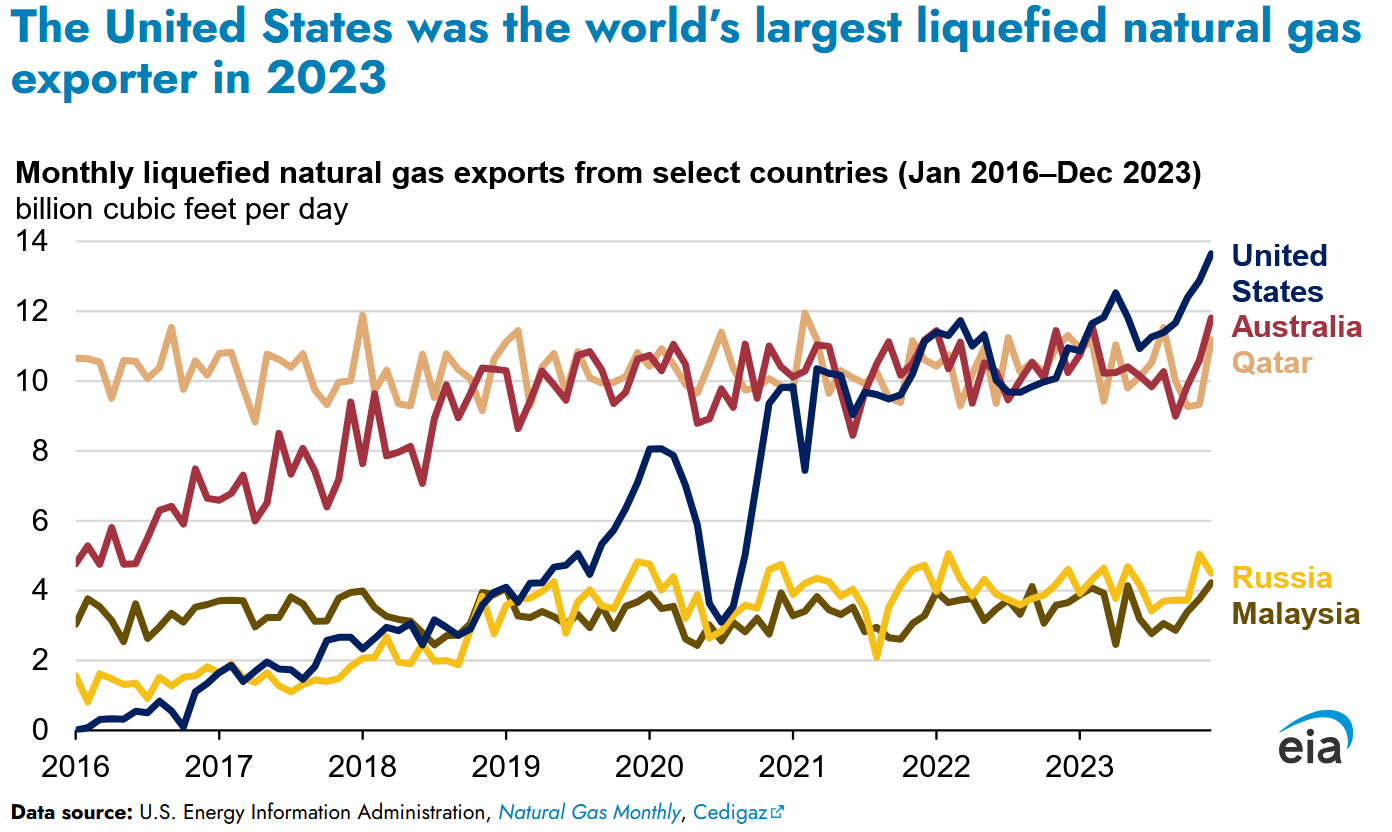One graph to understand the global geopolitics of energy and climate change
The US is now a net primary energy exporter and that changes everything
Over the last five years I have written a number of pieces about the energy transition and global energy geopolitics. The bottom line is that countries such as the United States, Canada, UK, Germany, France, Denmark and others are trying to get the Global South to stop extracting fossil fuels and pay an excessive share of the costs for efforts to combat climate change.
The biggest player in all of this is the United States. While geopolitics of entire regions - such as the Middle East - was once determined by the USA’s desire to secure its energy sources and profit from them, there has been a radical shift in the last decade in particular: the United States has become a net exporter of fossil fuels. So if there’s only one graph you look at to understand global energy geopolitics it should be this one:
Or to see more clearly how the USA’s energy security calculus has changed:
This change is relevant not just for understanding why the US and its allies are behind lawsuits against fossil fuel exploration and extraction in Global South countries, but also specific regional issues like the sabotage of the Nordstream pipeline. Since that happened in September 2022, Germany’s imports of LNG from the United States went from zero to 20billion cubic feet in the space of 6 months:
Contrary to the propaganda that continues to be spread by a wide range of sources, Europe is not primarily dependent on Russia for LNG at any point in the last decade. it is now dependent on the United States to an unprecedent degree, and this has been by design rather than by accident.
Once you understand these basic facts, it is a lot easier to see what is really going on in the global energy space. As I wrote with a co-author back in 2022, the United States wants to profit as much as possible from its own fossil fuels, which means undermining other suppliers, pushing prices up, and blocking the opening of new gas fields in other countries like South Africa (unless US firms or interests are involved). And the United States is profiting from undermining European industrial capacity and industrialisation, meaning also European economies and employment, through expensive energy imports.







